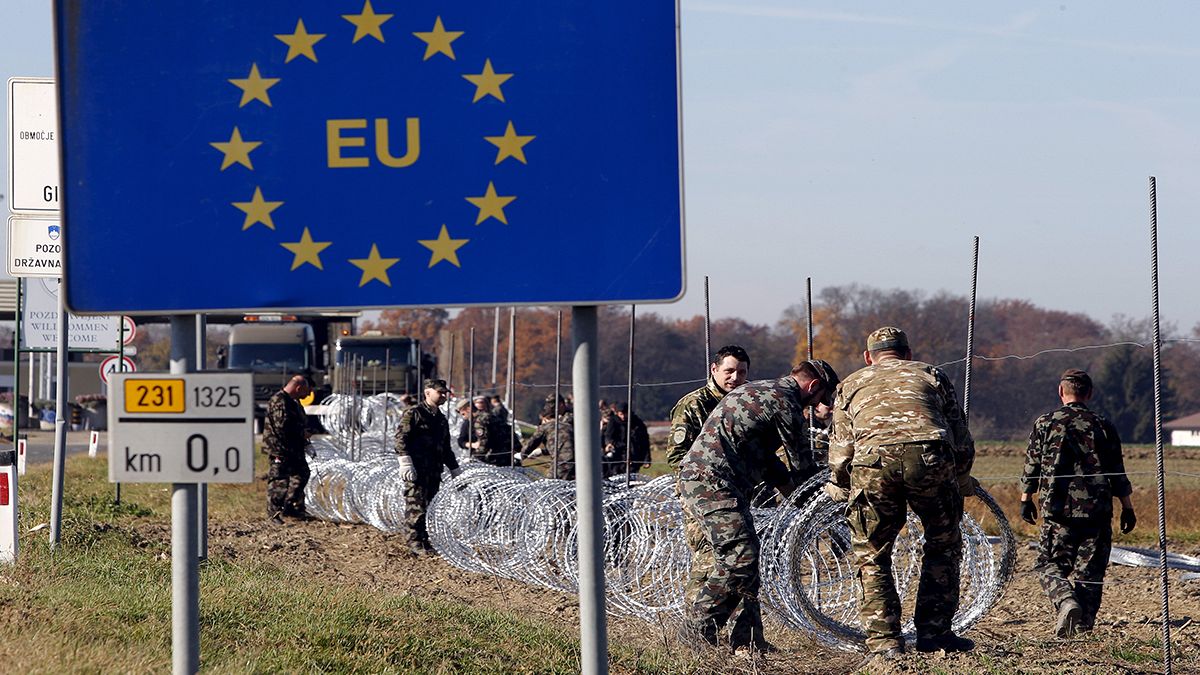What is being proposed? The European Commission is proposing to establish a new border and coastguard agency that would have a wider mandate and more
What is being proposed?
The European Commission is proposing to establish a new border and coastguard agency that would have a wider mandate and more resources than the current one.
Why is it needed?
The new agency is needed because of Europe’s unprecedented refugee crisis, says the European Commission (EC).
It claims an estimated 1.5 million people crossed the EU’s external borders between January and November 2015.
The EC also mentions the issue of the EU’s internal security, which has been under the spotlight after the Paris terror attacks on November 13 amid questions around how the attackers obtained arms and moved seemingly undetected into France.
How will it work?
The EU already has a border management agency, Frontex, set up in 2004 and based in Poland.
But its powers are limited: it doesn’t have its own guards or equipment – it borrows from EU member states – and it has to get permission from governments to carry out border management or search and rescue operations on their territory.
According to the EC, Frontex’s proposed reincarnation will address these shortcomings, which have been exposed during the EU’s refugee crisis.
It will have a reserve pool of 1,500 experts that can be quickly deployed to trouble spots where the EU’s external borders are under threat.
Individual member states will continue to manage their own borders on a day-to-day basis. The new coastguard agency will only intervene if a country is assessed to be ‘vulnerable’ in terms of protecting its borders.
The agency will also work with countries neighbouring the EU, such as Turkey, to better manage migration flows.
It will also help return illegal migrants, who will have a European travel document to help smooth their passage home.
The EC says the new Frontex will also up its role in preventing terrorism by carrying out risk analyses and co-operating better with other EU crime-fighting agencies.
The EC says that in addition to the 1,500 experts, Frontex, in its new form, should boost its staff numbers from around 400 today to 1,000 by 2020.
Why is it controversial?
The agency will be able to intervene in an EU country, even against that member state’s wishes.
Hungary told Euronews the plans were “against common sense”, while Poland is also against them on grounds it would impinge on its sovereignty.
Eurosceptics, meanwhile, such as UKIP’s Nigel Farage, have called the move a “power grab” from Brussels.
The Maritime Executive says the plan would “clamp down on border crossings at a time when migrants are most in need of a way to escape their previous circumstances”.
Is anyone in favour of it?
Yes, Germany and France.
Greek Prime Minister Alexis Tsipras has welcomed the move, but he stressed that ultimate authority over the borders would still lie with Greece and he ruled out joint patrols with the Turkish navy, as envisaged by the Commission.


